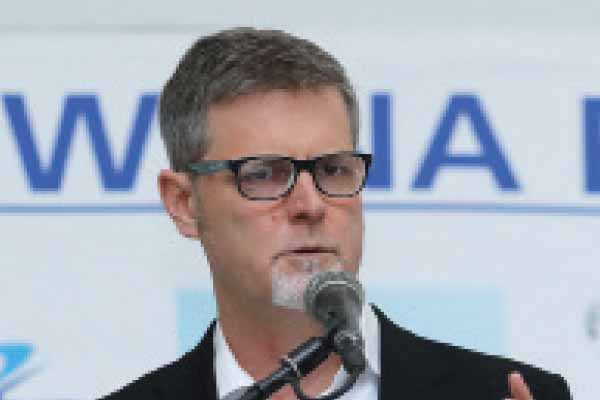Trustees urged to lead the way in changing investment environment
Pension Fund Trustees have been urged not to only focus on the accumulation of their members’ savings, but also on the decisions their members make just before and at retirement. Independent Actuary, Tres Consulting South Africa, Robert Rusconi was answering the question; ‘Should there be a one-size fits all approach to retirement age or should it be flexible enough to take into consideration various factors?’ he said at the Botswana Pension Society (BPS) Trustees seminar on Wednesday.
“When we think about our members we often forget that they are actually going to retire,” he told Trustees. He added that one of the most important things to do is to consider allowing members to retire later rather than early because it makes a significant difference to the state of their retirement. Rusconi believes that because Trustees have a large pool of assets under their management, they have an opportunity to make a big difference to the welbeing of their members by engaging with government and other entities. For example, they are in a position to ask government to issue more bonds, which would allow members to retire with greater security.
“We need to remember that a retirement system is looking after people for their retirement. We need to think of outcomes that emerge after many years among the people that we tend to forget about.”He also observed that Botswana is a small market and therefore could have a lack of investment vehicles. “There are not many assets to invest in, but government itself issues debt from time to time, however, there are very few alternatives to government,” he said in an interview.
“It is difficult for a country with own currency and autonomy, to manage to provide sound and beneficial outcomes to the members of retirement funds.” Rusconi fruther advised that the way to respond to this is to project the demand for those assets and motivate for deepening of the market as many markets across the world have done. He cited Chile as one of the success stories but conceded that the country did not achieve this feat overnight. “Chile recognised that although it mandated savings, it was going to take a while for the savings to reach the maturity of retirement, but fortunately for them, they had the luxury of time to prepare for it.
“Botswana on the other hand does not have that luxury of time. It has people savings, and its likely to have more people retiring over time so Botswana needs to work to provide for those people, otherwise it risks casting them into a form of poverty because assets are not there to back their retirement”, ading, also because it might not want to depend unduly on international markets. Rusconi advises local Trustees to look further afield and borrow a leaf from countries like Chile in an effort to deepen and develop a market for retirement products from a low initial base. Rusconi told Trustees that when Chile implemented its pension reform, the market for retirement products did not exist.
But now, 20 years later Chile has a well-developed and rapidly growing market for phased withdrawals (PWs) and annuity premiums, assets of life insurance companies and a number of market participants. Rusconi, who is also an independent consultant is concerned that currently supplying lifetime annuities is difficult and is in decline across the world.
He added that increasing lifespan present a unique peril to insurers. “Longevity risk is very difficult to protect against,” he said, adding, “Investment risks are typically difficult to protect against as well.” Rusconi observed that Botswana’s bond market is also not deep enough and that Trustees have a challenge to approach government for bonds and other types of securities.
“Government-issued bonds are limited in volume and variation and bond holdings are already largely dominated by local pension funds,” he said. The market for corporate bonds is also thin. Local trustees though have an option to explore the South African bonds, however these may, according to him expose purchasers to currency risks. “But you have a role to play in changing and improving the current situation.”






